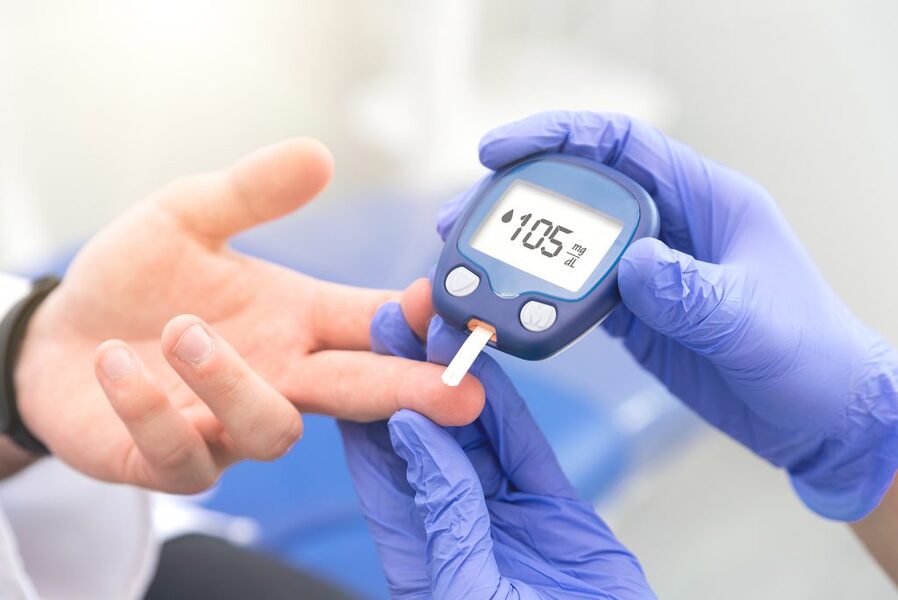Coffee, a beloved morning ritual for many, has long been a subject of interest for many people investigating its impact on various aspects of health. One area that has attracted substantial attention is its impact on type 2 diabetes, a chronic condition that affects millions of individuals worldwide. This blog dives into the intricate relationship between coffee consumption and type-2 diabetes, exploring the potential benefits and considerations for individuals managing this condition.
Understanding Type 2 Diabetes: Elevated blood sugar levels are a symptom of type 2 diabetes, which is characterized by the body’s ineffective use of insulin. While lifestyle and genetics play important roles, dietary decisions can also affect how the disease develops. It has been carefully examined coffee’s effects on insulin sensitivity and blood sugar management.
The Function of Coffee in the Treatment of Diabetes
Improved Insulin Sensitivity: It is suggested that coffee drinking may improve insulin sensitivity, thereby facilitating more efficient use of insulin by the body. This may be especially advantageous for people with type 2 diabetes since increased insulin sensitivity helps to maintain stable blood sugar levels.
Antioxidant Content: Coffee is high in antioxidants, substances that help fight inflammation and oxidative damage. These antioxidants may help lower the chance of developing chronic illnesses, such as type-2 diabetes. According to several studies, eating more antioxidants is linked to a lower chance of getting diabetes.
Influence on Glucose Metabolism: Coffee contains bioactive substances such as trigonelline and chlorogenic acids, which may have an impact on glucose metabolism. These substances may be able to reduce the rate at which glucose is absorbed from the digestive system, resulting in more stable blood sugar levels after meals.
Enhancement of Physical Exercise: Caffeine in coffee can provide people with a brief energy boost, which may inspire them to engage in physical exercise. Regular exercise improves insulin sensitivity and blood sugar control, making it an essential component of type 2 diabetes care.
Considerations and Moderation: Despite its potential advantages, it’s essential to consume coffee in moderation and according to your own preferences. Coffee’s impact on a person with type 2 diabetes can be influenced by a variety of variables, including heredity, food in general, and the type of coffee consumed (e.g., black, decaffeinated, or with additional sugars and creamers).
Caffeine Sensitivity: Some people may react to caffeine with elevated blood pressure or palpitations. It’s important to keep an eye on how different people react to coffee, especially if they already have a cardiac issue or are sensitive to stimulants.
Blood Sugar Reaction: Each person’s response to coffee will affect their blood sugar levels differently. After drinking coffee, some people could have quick increases in blood sugar, while others might not. Monitoring blood sugar levels frequently can help determine a person’s reaction to coffee.
Calorie Consideration: Adding high-calorie ingredients to coffee, such as sugar, syrups, or whipped cream, can negate any positive effects and even aggravate insulin resistance and weight gain.
Coffee is a beverage with fascinating potential advantages in the complex world of managing type-2 diabetes. For individuals who are managing the illness, its impact on insulin sensitivity, antioxidant content, and glucose metabolism promises a promising future. Moderation and conscious intake are still essential, though. To make dietary recommendations that are specific to each person’s requirements and ensure that coffee consumption is in line with a comprehensive diabetes management plan, it is important to speak with a healthcare expert.





